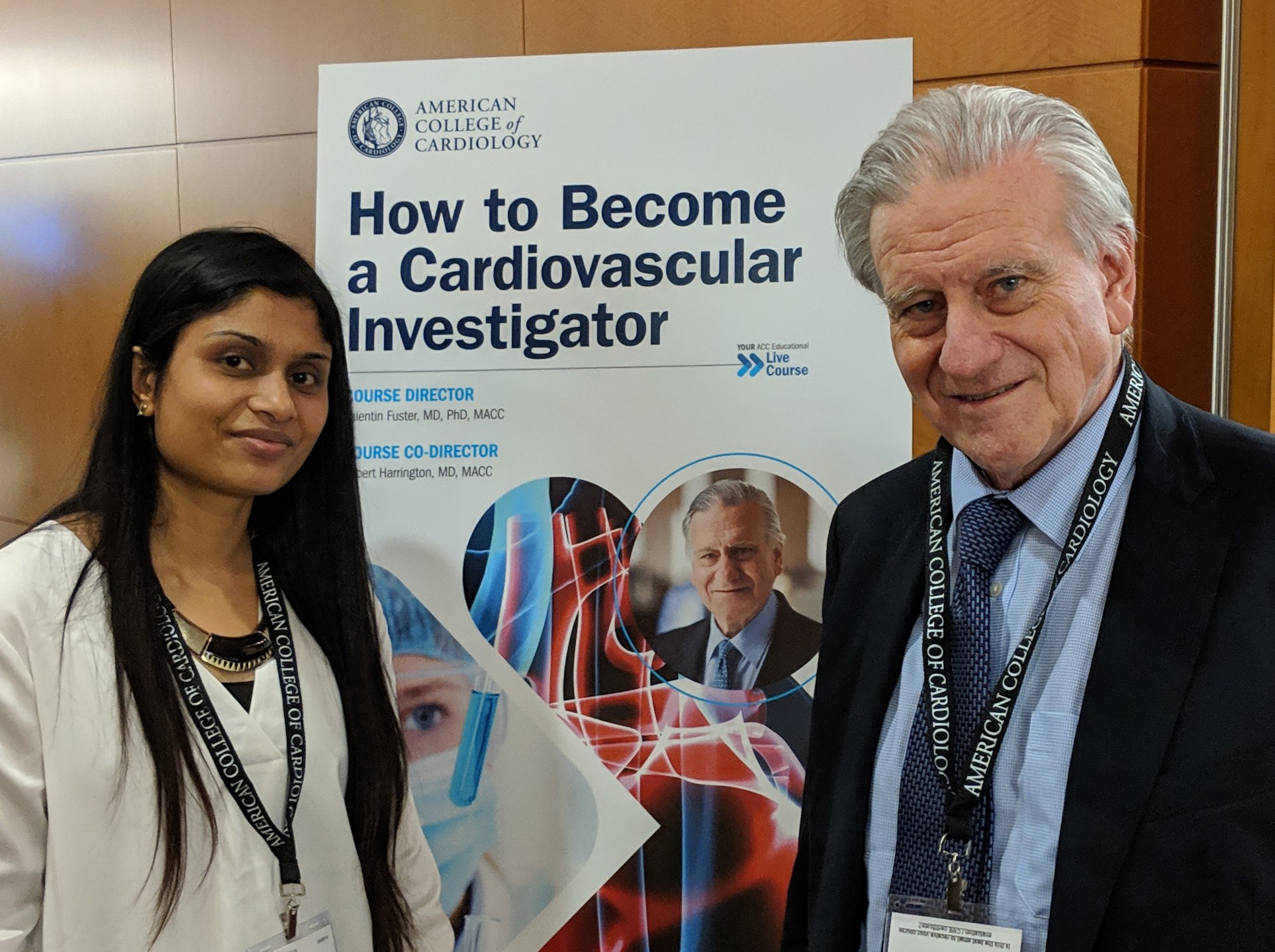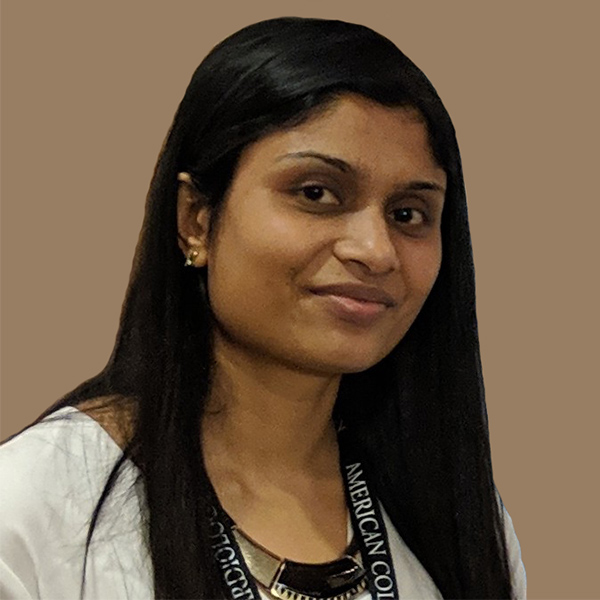Recap of ACC's How to Become a Cardiovascular Investigator

ACC's How to Become a Cardiovascular Investigator course convened at Heart House from Nov. 2 – 3 in Washington, DC. The objectives of the course were to identify career options in academic cardiovascular medicine and provide young investigators with tools to secure mentors, obtain and write effective grants, choose topics for research, and publish.
The course was designed and conducted under the leadership of Valentin Fuster, MD, PhD, MACC, director of Mount Sinai Heart, and Robert A. Harrington, MD, MACC, chairman of the Department of Medicine at Stanford University School of Medicine.
At the start of the course, Fuster shared his vision for a personalized future, which meets the collective goals of "creativity, satisfaction and a team-based approach" to ensure a successful career as an academic cardiologist.
He described the "action commandments" of finding outstanding and committed mentors, pursuing in-depth information, receiving high-quality methodology training, the need for collaborations, prioritization of clinical activities, and the art of choosing a research project.
Faculty from various subspecialties in cardiovascular medicine also shared their insights and experiences at the meeting. Roxana Mehran, MD, FACC, discussed career development for proceduralists and outcomes researchers. She emphasized the critical role of a supportive research environment, mentorship and protected time, as well as the need to prioritize work in the order of "patients, procedures, papers."
Henry R. Halperin, MD, MA, shared his journey into cardiovascular imaging, while Svati Shah, MD, discussed careers in genomics and proteomics, 'big data' and the translation of genomic discovery to precision medicine.
Jonathan P. Piccini Sr., MD, FACC, spoke about "head scratchers" in the clinic or electrophysiology lab; guidelines with "level of evidence-grade mismatch" that need to be addressed; and how the clinical, cerebral and technical aspects of electrophysiology provide a never-ending opportunity for research and development.
To complement a career as a cardiovascular investigator, Robert M. Califf, MD, MACC, encouraged participation in public health and government service and showcased opportunities to volunteer with political action committees, U.S. Food and Drug Administration advisory panels and public health agencies.
Furthermore, esteemed faculty spoke about a diverse set of topics relating to career development.
Anuradha Lala, MD, FACC, recommended interviewing broadly, weighing the pros and cons after each interview, reviewing contracts, and cultivating an attitude of gratitude while looking for a job.
Peter Libby, MD, FACC, stressed that the building blocks to sustained success in a research career are finding prospective mentors who have a record of sponsorship and training at a layer deeper than you plan to work.
Ibrahim Domian, MD, discussed a career in basic science and the transition to independent career development grants. He emphasized defining and achieving short-term goals while working toward long-term goals, such as obtaining funding and developing independent research programs.
Donna M. Mancini, MD, recommended writing K grants early, applying for grants and collaborating with a basic science lab for translational research. She also addressed physician burnout and how to avoid it.
C. William Balke, MD, discussed choosing and writing a training grant.
Jason C. Kovacic, MBBS, Phd, FACC, highlighted funding opportunities specifically for young investigators such as institutional training T32 awards and National Institutes of Health career development awards, as well as the importance of a record of sustained productivity and institutional commitment for a successful academic career.
The ACC offers this course free of cost to approved applicants with the objective to nurture the next generation of investigators. I encourage FITs and medical residents to apply to future meetings, as the insights gained are invaluable for integrating research into a career in cardiovascular disease.
